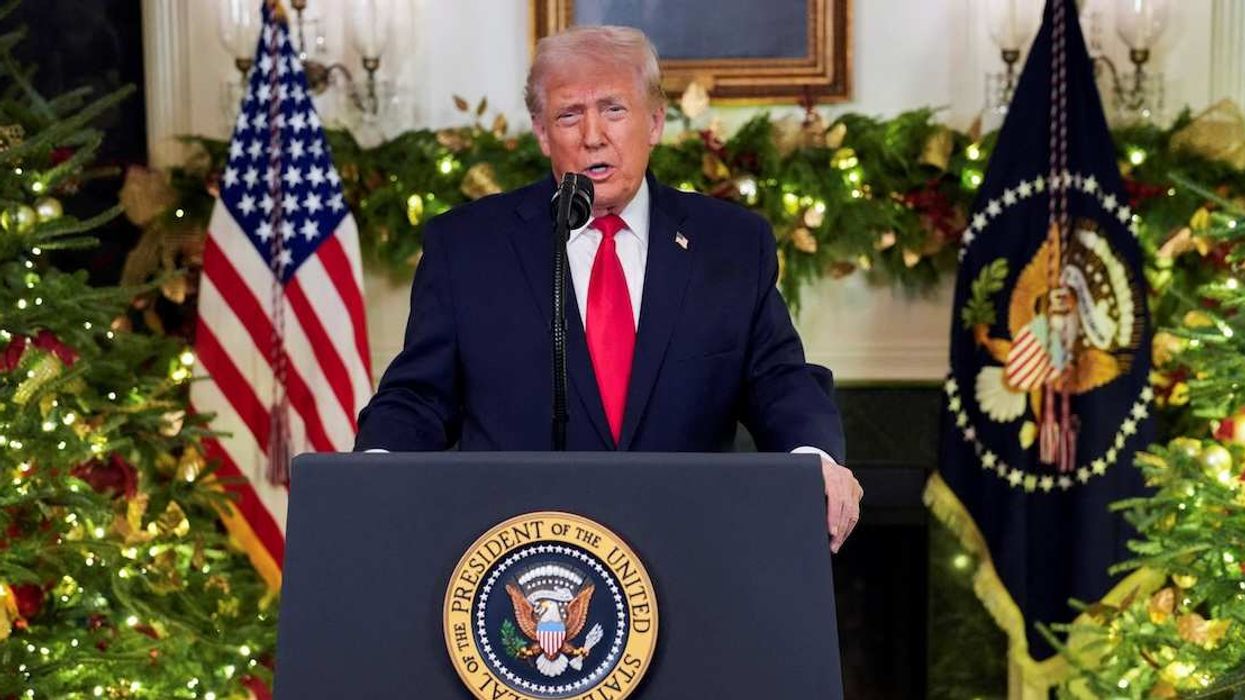TikTok users had been scrolling with baited breath for days when finally, after a week’s deliberation, the Supreme Court announced on Friday that it had unanimously voted to uphold Congress’ ban of the Chinese-owned app.
Case recap: SCOTUS rejected the app’s claims that it had a First Amendment right to continue operating in the US, ruling instead that the massive amounts of data it was collecting on Americans posed a national security risk.
What does this mean for Tiktok? During arguments last week, TikTok’s lawyer said the app would “go dark” in the US if it lost the case.
While it has not confirmed whether it will make good on this threat, it's certain to disappear from the Google and Apple app stores and be prohibited from updates when the ban takes effect on Sunday.
What would the impact be? Currently, nearly 17o million Americans use TikTok monthly. The app is home to approximately 7 million small businesses, adding $24 billion to the US economy in 2023 according to an Oxford economics report.
But will Washington flipflop on Tiktok? The bill to ban the app was a rare moment of bipartisanship for the US government. Lawmakers sidestepped the normal gridlock to go from introducing the bill to passing it and getting it signed by President Joe Biden in just seven weeks. But now, as angry TikTokers ready their pitchforks, the Biden administration is exploring last minute options for how to delay the ban so that it does not define his final day in the Oval Office. (Or give Donald Trump, who has also said he would try to save the app via executive order, fodder to pin blame for the ban on the Democrats.)
Is it time to learn Mandarin? As the app’s days looked numbered, millions of Americans unconcerned by the CCP potentially having access to their data have flocked to another Chinese owned app, Xiaohongshu, a social media platform whose name translates to “Little Red Book” in a nod to the Chinese Communist Party. There, seasoned users have started giving the newcomers Mandarin lessons and have formed in-app group chats for “TikTok refugees” to get the hang of things there.



















